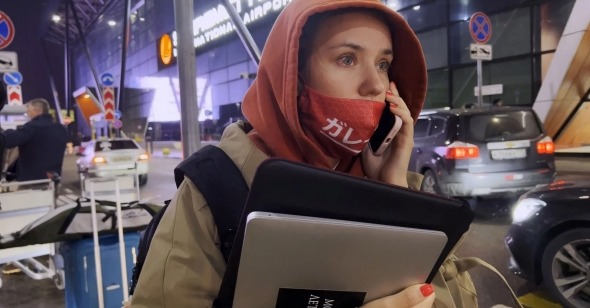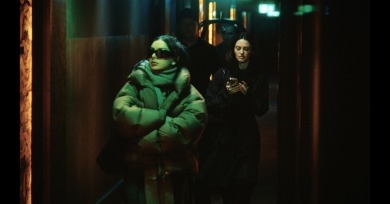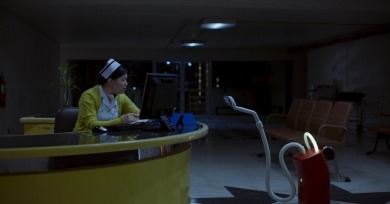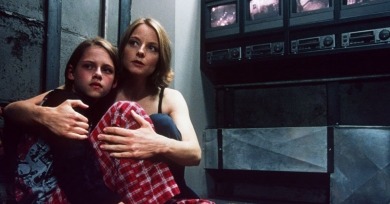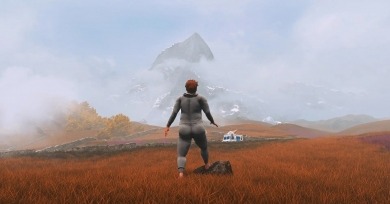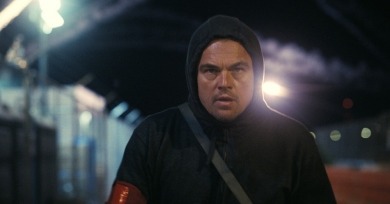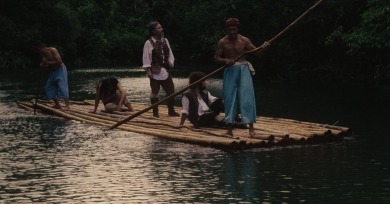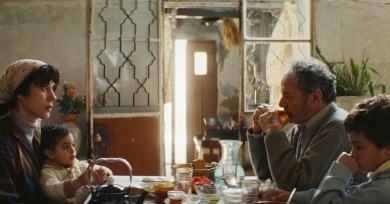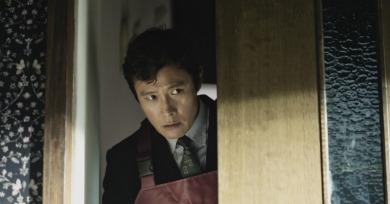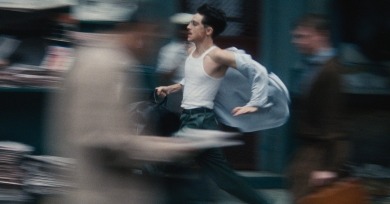Years in Review
Reverse Shot's annual awards and accolades, including Most Wasted Potential, Most Pointed Punchline, Best Experimental Biographical Documentary, Best Film-Within-a-Film, Best Supporting Actress and Actor, Most Acronyms, Most Sentimental Value, and more.
I said maybe I will do a film about the worst version of myself in 20 years, and then that is when I reconnected with the poetry world, because making a film about a filmmaker wasn't that interesting to me.
The most compelling throughline is that maybe it was absurd for brat to skyrocket in the first place, particularly in an entertainment ecosystem that requires its celebrities to be as mass market, palatable, likeable, and as ready and willing to sell out (without selling out) as possible.
Outside the context of the film, the piano score might sound like the accompaniment for a toasty night by the fireside. Yet Hunt’s minor chords and capricious melodies allow the film a gracious domesticity that works in contrast to its swollen, poignant portrait of disintegration.
Its harmonious interplay of absurdist humor, eroticism, and politics are anchored by its deeply resonant human drama centered on memory and yearning.
David Fincher’s work, inclusive of his time in television advertising and music videos in the ’80s and ’90s, illustrates a director’s desire at first to uphold and then transcend the strictures of the camera itself.
Even if you get good at walking, the ragdoll physics on which the game is based will continue to plague you. They are deliberately imprecise, and there’s no guarantee that moving in a certain way will produce an identical outcome each time.
Sound of Falling anchors the undulations of history in a physical structure, a home inhabited by generations of people. That allows Schilinski to enter the past through oblique, almost surreptitious, methods, which casts history as a moving amalgamation of life’s minor and mirroring moments instead of dramatic apexes.
Years in Review
One Battle After Another, It Was Just an Accident, Caught by the Tides, Afternoons of Solitude, The Secret Agent, Blue Moon, Peter Hujar's Day, Cloud, Misericordia, On Becoming a Guinea Fowl
Magellan is one of the few films to cover this episode of the Age of Discovery, and Lav Diaz uses this stab at a grand seafaring spectacular to reject the idea that white colonialists “discovered” anything at all.
This is a very profoundly intimate, personal family story. So while certain dates are very important because of historical events, I wanted the 1970s to have less of that. I wanted for us to see a sense of normalcy with this family.
In the face of constant pro-AI propaganda, it is tempting to fall back on flimsy sentimentality. The romantic critic’s impulse is to wax poetic on some ineffably “human” quality to art.
Like late Ozu, with his parade of seasonally titled shomin-geki exploring the practically endless permutations of family life, Father Mother Sister Brother is a series of intergenerational vignettes.
Between its compositional dynamism and picaresque sensibility, the film is an auteur work to the core; it is also enervating in ways that do not so much undermine the stylistic pyrotechnics as indicate they’re the source of the problem.
Marty Supreme aims for something like grunge Barry Lyndon, a period picaresque epic about a sociopathic climber, but scrappy instead of stately, obnoxious instead of ironic. Yet beneath the grime it’s comparably handsome.
